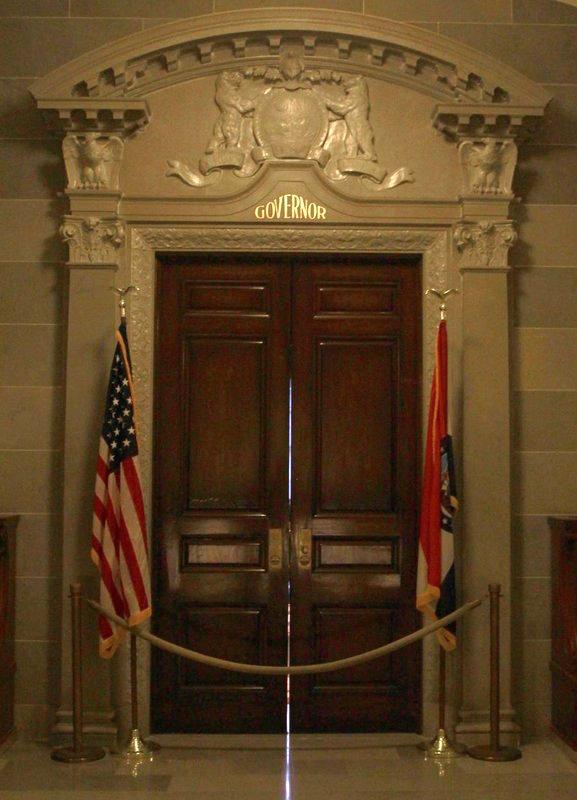Within a month of being sworn in earlier this year, Gov. Eric Greitens released two budgets that each made major cuts to state higher education funding. This came as MU was already losing money as freshman enrollment continued to drop. With state funding and enrollment both on the decline, it’s clear MU will be in a disappointingly bad spot when it comes to money.
The first budget, a mid-fiscal year round of cuts in January, withheld $19.82 million from MU, leaving the university scrambling with four months left in the semester.
In the second wave of cuts, MU campus leaders will be required to cut an additional $20 million from the university’s budget as part of the total $57 million in proposed cuts that the UM System will need to make during the 2018 fiscal year. The amount of money the system may need to cut within the next semester would equal the total budgets of the MU School of Business, School of Law and College of Engineering combined, according to a news release from UM System President Mun Choi.
Although campus leaders are still creating a plan to address these cuts — which will be approved by Choi and released to the public on June 2 — one thing is clear: Students and faculty will be hurt by the state’s continual underfunding of higher education.
Students in higher-cost or higher-earning majors may end up paying more in tuition, if the UM System Board of Curators implements a policy known as “differential tuition,” which the legislature suggested in their April meeting. In-state tuition may also increase if the curators remove the in-state tuition cap, which they expressed interest in doing during their February meeting.
Both in-state and out-of-state tuition are currently projected to increase by 2.1 percent for the 2017-2018 school year, the UM System Board of Curators discussed during their April meeting. This is the maximum amount that the system is currently able to raise in-state tuition by state law without a waiver.
“Tuition most certainly will increase for students across Missouri as a direct result of these cuts,” said Steven Chaffin, the executive director of the Associated Students of the University of Missouri. “There’s always room to become more efficient and to identify what our priorities are, which could reduce the magnitude of tuition increases.”
As a result of just this semester’s round of budget cuts, capital projects such as a new building for the School of Nursing could be put off, and some departments may have fewer professors to teach courses.
Heads of some academic units have said certain staff and faculty positions will go unfilled next semester, and research funding for some faculty members may be affected as a result of this round of withholdings.
Current faculty and staff positions may be in jeopardy during the next round of cuts. In an email sent to students, faculty and staff last month, Choi said that non-tenure track faculty and staff positions may be subject to cuts in academic units that are deemed underperforming or that have low enrollment.














